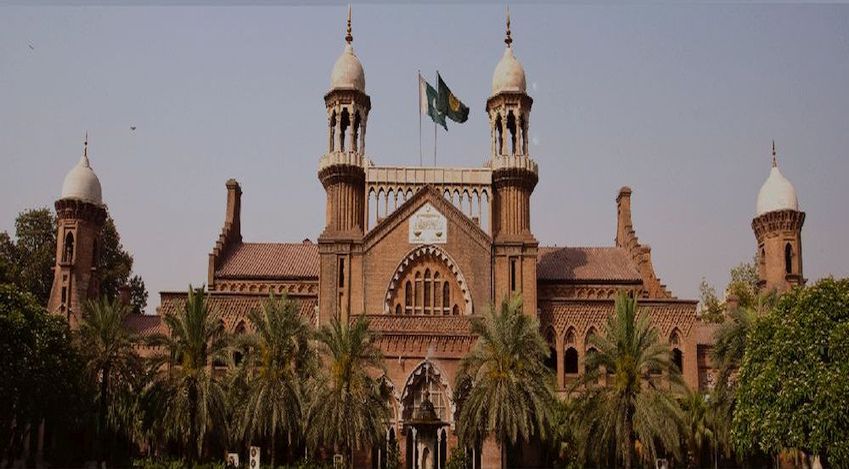The Appellate Court’s Decisions are to be preferred over conflicting Trial Court judgments, unless proven unsupported by Evidence --- Lahore High Court, Lahore
Islamabad 28-10-2024: In a recent decision, the Lahore High Court dismissed a Civil Revision Petition [Civil Revision No. 59188 of 2024] filed by Abdul Rehman and others, challenging the appellate Court’s decree which granted occupancy rights to the respondents, Nazir Ahmad and others, in a land dispute.
The petitioners sought to overturn the judgment and decree dated September 11, 2024, passed by the Additional District Judge, Zafarwal, which had set aside the trial Court’s decision dismissing the respondents’ suit for declaration of ownership.
The case originated from a suit filed by Nazir Ahmad and other respondents, who claimed that their predecessors were rightful owners and in possession of agricultural land (Khasra Nos. 853/1 and 853/2, later consolidated into Khasra Nos. 1041, 1042, 1774, and 1775). They alleged that the petitioners, who were migrants from Jammu & Kashmir in 1947, fraudulently entered their names in the revenue records as tenants (Dakheelkar) without legal justification during the consolidation proceedings of 1976-77 and 1981-82.
Relying on these questionable entries, the petitioners obtained a favorable order from the Assistant Commissioner on May 26, 1996, and subsequently got proprietary rights through mutation No. 2537 dated September 26, 1996. The respondents challenged this, arguing that the petitioners had no legitimate claim to the land.
The case hinged on the interpretation of the Punjab Tenancy Act, 1887, particularly Sections 5 and 6, which set out the conditions under which a tenant could claim occupancy rights. The respondents contended that the petitioners were not tenants recorded in the revenue records before the crucial date of October 21, 1868, nor could they prove continuous possession for more than two generations without paying rent.
The appellate Court, after reviewing the evidence, found that the petitioners failed to provide documentary proof of their claim to the land. Their status was listed as “tenants at will” in the revenue records, and they could not establish their tenancy rights under the law.
In its order, the Lahore High Court highlighted the petitioners’ failure to prove their tenancy under the Punjab Tenancy Act, 1887, and reaffirmed the Appellate Court’s ruling. The Court noted that the Trial Court had misread and overlooked key evidence, leading to an erroneous dismissal of the respondents’ suit.
Citing the Pakistan International Airlines Corporation Vs. Aziz ur Rehman Chaudhary (2016 SCMR 14) case, the Court emphasized that findings not challenged in cross-objections under Order XLI Rule 22 CPC attain finality. Additionally, the Court reiterated that appellate Court decisions are to be preferred over conflicting trial Court judgments, unless proven unsupported by evidence, referencing Muhammad Hafeez & Another Vs. District Judge, Karachi East (2008 SCMR 398).
The Civil Revision was dismissed in limine for lack of merit. Furthermore, the Court directed the Senior Member, Board of Revenue, Punjab, to issue clear guidelines to ensure that proprietary rights under The Punjab Conferment of Proprietary Rights on Occupancy Tenants and Muqarraridars Act, 2012 are granted only after adhering to the criteria prescribed in Sections 5 and 6 of the Punjab Tenancy Act, 1887.
Powered by Froala Editor








